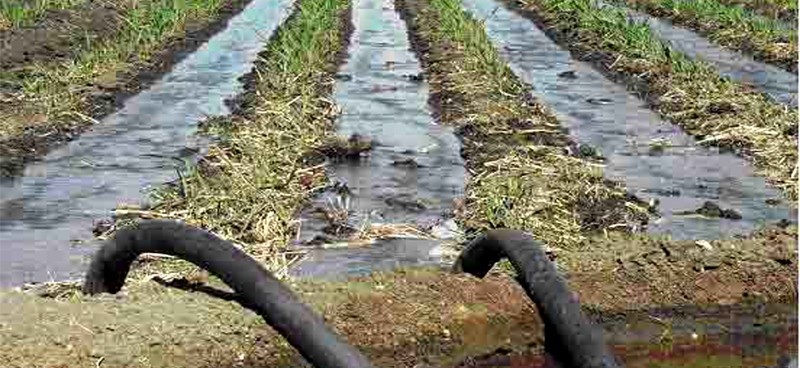A shortage of laborers at farming schemes along the White Nile-Upper Nile border is affecting an otherwise successful season. The poor security on the contentious but fertile strip running from the west bank of the Nile toward the Megenis Mountain has made workers hesitant to go to the fields.
A number of farmers in Manj County in north-west Upper Nile State told Radio Tamazuj that most of the farming schemes in the border regions were successful this season compared to previous seasons. The farmers, however, expressed their fears from the shortage of laborers and its impact on the farming season. A number of farmers from Manj stated that farming has started well after they overcame the issues of funding with the help of authorities from Upper Nile and White Nile states.
Mohammed Mahjoub Abu Suwar, one of the farmers from the region, stated that the although they were in the middle of the cultivation process, there were some problems facing them due to the shortage of labor, attributing the reason to the security outbreaks along the border in the past. He said that it was because of this that the drivers and workers have refused to go to farming schemes along the border, leaving an impact on the farming sector.
Mohammed Mahjoub warned of the impact of the shortage of labor and called on the authorities of Sudan and South Sudan to pay attention to the border and provide security to the farming schemes for the people of the two nations to reap the fruits of the coming harvest.
In a related context, the Minister of Agriculture and Natural Resources in South Kordofan Kamal Osman Bala stated that the shortage of labor and high costs of employing them has caused great impact on the harvests, especially on sesame, but that they were nonetheless expecting to achieve high production from the current farming season.
Speaking to Al Ashrouq during his visit to some schemes in the eastern part of the state during the first agricultural survey in the state, the minister said that the survey aimed to concentrate on the problems that could hinder the season and how to solve them.
On the other hand, the Director of the Ministry of Agriculture in South Kordofan Idriss Musa said that the land area farmed this season was greater than the area covered during the previous seasons according to preliminary studies. He also asserted that the farms have been cleared from agricultural pests, adding that the continuous rainfall had helped in the growth of some parasites and weeds. The director also revealed that the farmers have used some modern technology to clear farms of parasites and weeds.




